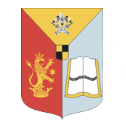Detailed introduction of the University of Craiova:
Introduction and Overview
The University of Craiova is a large public comprehensive university in Craiova, Romania. It is also the last university established in Romanian history and the largest university in the Oltenia region of Romania.
History and establishment time
The proposal to establish the school can be traced back to 1848, but it was not immediately implemented due to the failure of the revolution. In 1947, according to Act No. 138/25 of the Official Gazette of the Kingdom of Romania, the University of Craiova was officially approved for establishment, initially with four colleges. In 1965, with the approval of the Cabinet of the Socialist Republic of Romania, the school officially became a university with seven colleges. In 1970, the School of Medicine was established, and in 1998 the School of Medicine became independent as the University of Medicine and Pharmacy of Craiova.
School Strength
Faculty: There are about 847 teachers.
Student size: There are 17,330 students, including about 300 international students.
Research achievements: There are certain research achievements in applied science and other fields. It has built a modern research infrastructure, has 5 research and teaching units, and actively carries out various research projects and academic activities.
Nature of the institution
Public university.
Educational philosophy
Based on labor market analysis and student needs, it works closely with major employers, focuses on cultivating students' professional abilities and comprehensive qualities, and emphasizes the close integration of education and research, especially at the master's, doctoral and postdoctoral stages, and is committed to enabling students to adapt to the needs of the social and economic environment.
Key laboratories and disciplines
Key laboratories: The school's applied science research infrastructure is relatively advanced, but there is no detailed public information about specific key laboratories.
Advantageous disciplines: It covers mathematics, literature, electrical engineering, agriculture, horticulture, chemistry, economics and other fields. It has also made important developments and contributions in the field of medicine. The medical profession has a certain reputation and influence before independence. Its mathematics, computer science, electrical engineering and other majors also have certain advantages in teaching and research.
Faculty
Currently, it includes 16 colleges and 2 undergraduate schools, offering undergraduate, master's and doctoral programs, covering a wide range of academic fields, such as the School of Science, the School of Arts, the School of Economics and Business Administration, the School of Electrical Engineering, the School of Mechanical Engineering, the School of Agriculture, etc.
Ranking
Ranked 1401+ in the 2025 QS World University Rankings and 211-220 in the 2022 QS Emerging Europe and Central Asia.
Expenses
The tuition fees for different majors and degree levels of the school vary, but there are no exact public figures. Referring to the tuition fees of Hungarian public universities, it is roughly estimated that the tuition fees of Romanian public universities are generally between 2,000 and 4,000 euros per year, but for some specific majors or courses, the tuition fees may be slightly higher.
Campus Environment
Campus Facilities: The school has two campuses in Craiova and Drobeta-Turnu Severin, with 11 student dormitories, some of which have been fully renovated and provide double rooms with refrigerators, TVs and private bathrooms, as well as fully equipped kitchens and laundry rooms. There are also reading rooms and social halls on campus for students to socialize.
Cultural Atmosphere: The school's student organizations and club activities are rich and diverse. There is a branch of the international student organization Erasmus Student Network (ESN), which organizes various cultural exchanges and social activities to help international students better integrate into the local society. In addition, the school's football club is also well-known internationally.
-

Grigore T. Popa University of Medicine and Pharmacy
-
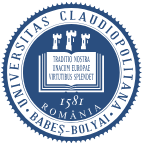
Babes-Bolyai University
-
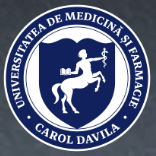
Carol Davila University of Medicine and Pharmacy
-
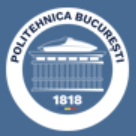
Politehnica University of Bucharest
-
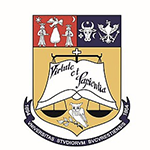
University of Bucharest
-

Technical University of Cluj-Napoca
-
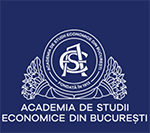
Bucharest Academy of Economic Studies
-

1st December 1918 University of Alba Iulia
-

West University of Timisoara
-
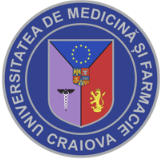
University of Medicine and Pharmacy of Craiova
-

Mesoamerican University
-

Istmo University
-

Mariano Galvez University of Guatemala
-

Regional University of Guatemala
-

Galileo University
-

Francisco Marroquín University
-

Rafael Landívar University
-

University of the Valley of Guatemala
-

University of San Carlos of Guatemala
-

Technological Institute of Tlaxcala Plateau
-

Golfo University
-

Technological University of South Sonora
-

Technological University of Huejotzingo
-

Tizimín Institute of Technology
-

Chilpancingo Institute of Technology

